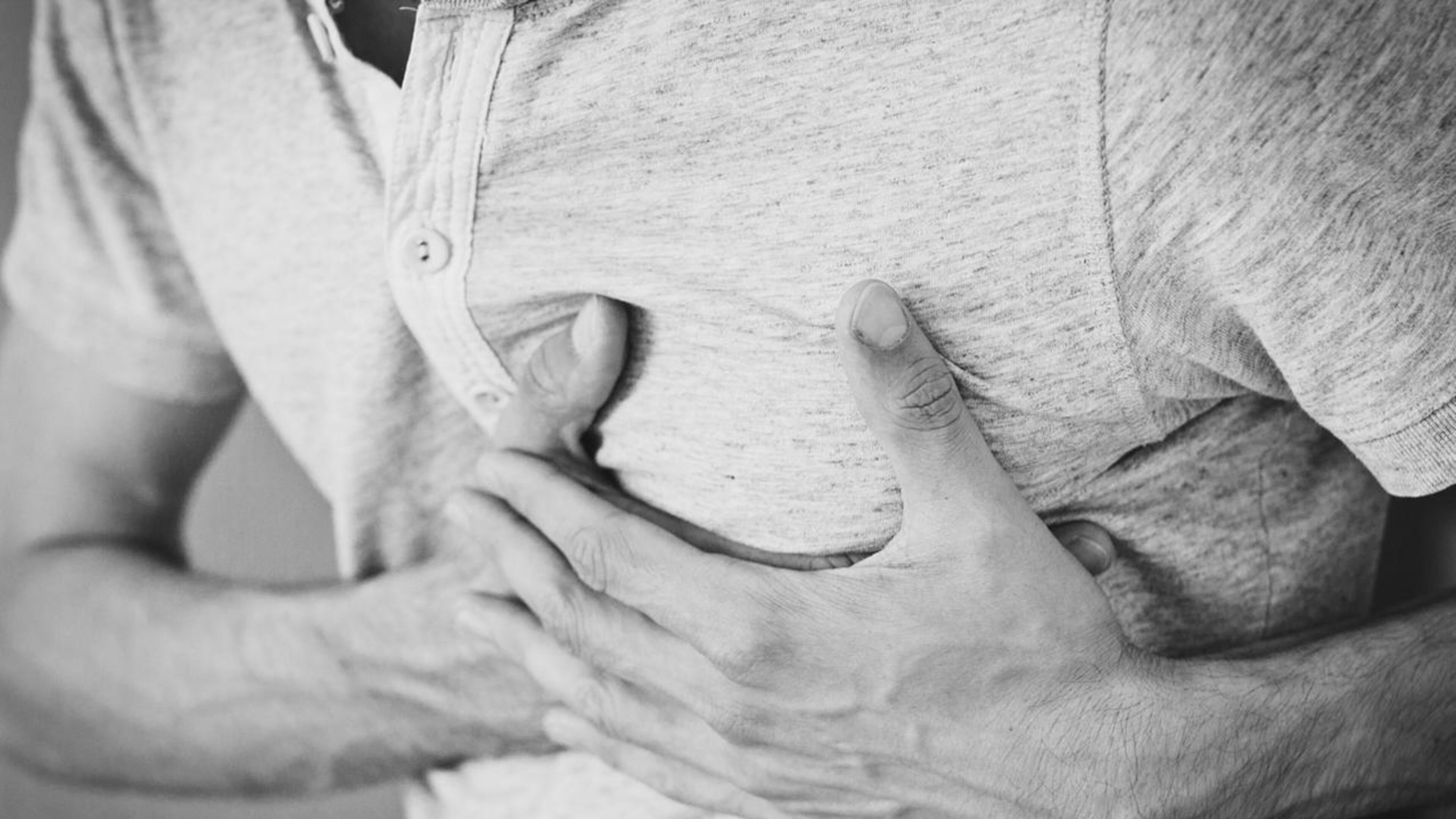What you should know about heart attacks

It's critical for men and women to educate themselves about heart attacks, experts say.
More than 920,000 Americans this year will have a heart attack, and almost half of these heart attacks will occur without prior symptoms or warning signs, according to The Heart Foundation, an organization dedicated to saving lives by educating the public about heart disease, promoting early detection and supporting research.
Comedian Rosie O’Donnell, 50, recently made national headlines after she reported she suffered a heart attack. She said she delayed seeking help, at first ignoring symptoms, including an ache in her chest, sore arms and nausea. It is a “miracle” she did not die, O’Donnell wrote in her blog.
To help educate the community about prevention and warning signs, we asked cardiologist Dr. Harvey S. Hahn, the director of the Cardiovascular Fellowship Training Program and the director of the Noninvasive Laboratory at The Benjamin & Marian Schuster Heart Hospital at Kettering Medical Center, what you should know about this health issue.
Q: Are heart attacks more common for men or women?
A: "They are more common in men until women reach menopause, and then females start catching up. Heart disease is the No. 1 killer in both men and women."
Q: What is the most common age range for heart-attack sufferers?
A: "Fifty-five plus for males and 65 plus for females. That number is dropping due to the increase in diabetes, which is a result of an increase in obesity."
Q: What are the causes of a heart attack?
A: "Usually a small blockage in your heart artery (which was not causing any problems before) breaks open and (causes) acute blood clotting on top of it. A small blockage or 'lesion' that was only blocking 20 percent of the artery could then grow to 100 percent blockage in a matter of minutes."
Q: What are the symptoms of a heart attack?
A: "Shortness of breath, chest pain (or jaw pain, shoulder pain or arm pain), funny heart beats, nausea or vomiting."
Q: How long do symptoms last during a heart attack?
A: "They will typically last for 15 minutes or longer. Seconds of symptoms typically are not (due to) your heart. Also 'days on end' of symptoms are typically not a heart attack either, but it can be worthwhile to contact your physician."
Q: How can these symptoms during a heart attack be relieved?
A: "For a heart attack in progress, the cardiologist re-opens the blocked artery by special procedures (angioplasty and stenting). If angioplasty isn't available, then some medications can decrease the heart attack. In some situations, medications may relieve the symptoms."
Q: Can a person have a heart attack without having any symptoms?
A: "Yes. Many people have what we call 'silent' heart attacks." (A silent heart attack is a heart attack that has few or no symptoms, according to the Mayo Clinic. Some later say their silent heart attack was mistaken for indigestion, nausea, muscle pain or the flu, the Mayo Clinic said. The only way to know if you have had a silent heart attack is to have additional tests done, such as an electrocardiogram, echocardiogram or other imaging tests, according to the Mayo Clinic.)
Q: How can a person distinguish between heart attack symptoms and the symptoms of other illnesses or diseases?
A: "This is difficult. If something does not feel right and is new from your navel to your nose, you should contact your doctor."
Q: What should a person do if he or she is experiencing chest pain, chest discomfort or shortness of breath?
A: "Call 911. Don't drive to the ER (emergency room)."
Q: What should those around a person having a heart attack do to help?
A: "Call 911, and try and help keep the person calm."
Q: If a person thinks he or she is experiencing heart attack symptoms, when is the right time to call a doctor or hospital?
A: "As soon as possible. An old adage is 'time is muscle.' The sooner we can get to and treat a person with a heart attack, the smaller the heart attack. At some point, a person can 'complete' the heart attack, which means that the area supplied by the blocked artery is dead and opening up that artery at that time would not do any good."
Q: How is a heart attack diagnosed?
A: "EKG (electrocardiogram; tracing of your heart), blood tests and a good history taken by your doctor"
Q: How is a heart attack treated?
A: "Medicines, admission to the hospital, and if soon enough, a trip to the cardiac catheterization lab to try and open up the blocked artery"
Q: What medicines treat a heart attack?
A: "Aspirin, cholesterol-lowering medications and blood pressure medications"
Q: What lifestyle changes should a person make after suffering from a heart attack?
A: "This is the most important part of the treatment plan. The person should stop smoking if they smoke, eat a healthy diet, start an exercise program and take all the meds prescribed by their cardiologist. Find a family member or friend to join you in making these changes."
Q: What else should people know about heart attacks?
A: "It's not the end of the world. Our goal as cardiologists is to get you back to doing what you love to do as soon as possible. There are a lot of cardiac patients who run marathons, have kids and live a fuller life after their event. Sometimes a heart attack is a good thing as it 'life changing'."

